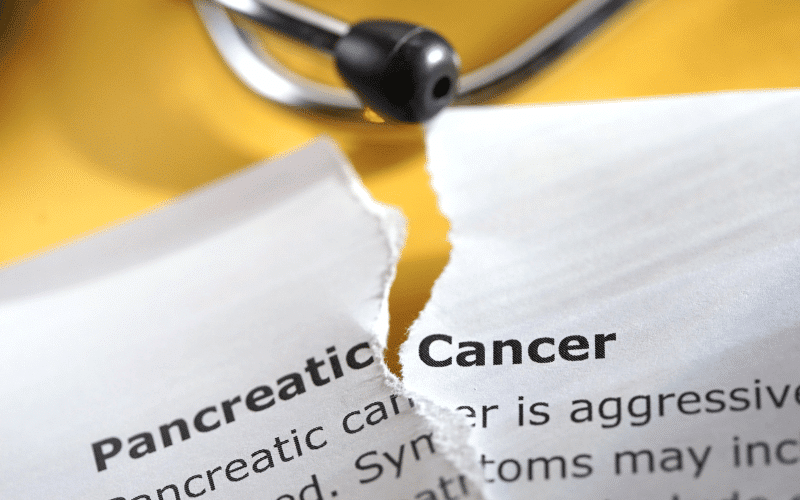Frequently Asked Questions
What are the early warning signs of pancreatic cancer?
Some early warning signs of pancreatic cancer include persistent abdominal pain, jaundice, unexplained weight loss, digestive issues, and changes in blood sugar levels. However, these symptoms can also be caused by other conditions, so it’s essential to consult a healthcare provider for a proper evaluation.
Can pancreatic cancer be detected early?
Pancreatic cancer can be challenging to detect early, as the symptoms may be nonspecific or similar to other conditions. However, early detection is crucial for improving treatment outcomes and survival rates. Consult your healthcare provider if you experience any of the 21 symptoms discussed in this article.

Are there any risk factors for developing pancreatic cancer?
Yes, several risk factors can increase the likelihood of developing pancreatic cancer, including smoking, obesity, a family history of pancreatic cancer, chronic pancreatitis, and certain genetic mutations.
What tests are used to diagnose pancreatic cancer?
Healthcare providers use a combination of tests to diagnose pancreatic cancer, including blood tests, imaging studies (such as CT scans, MRI, or ultrasound), endoscopic ultrasound, and biopsy. The specific tests ordered will depend on the patient’s symptoms and medical history.
What treatment options are available for pancreatic cancer?
Treatment options for pancreatic cancer depend on the stage of the cancer, the patient’s overall health, and other factors. Common treatment options include surgery, chemotherapy, radiation therapy, targeted therapy, and immunotherapy. In some cases, a combination of treatments may be recommended.
Can pancreatic cancer be prevented?
While it’s impossible to eliminate the risk of developing pancreatic cancer entirely, some lifestyle changes may help reduce the risk. Maintaining a healthy weight, not smoking, limiting alcohol consumption, and consuming a balanced diet rich in fruits, vegetables, and whole grains can contribute to overall health and potentially lower the risk of pancreatic cancer.
Conclusion: Be Vigilant and Proactive About Your Health
Pancreatic cancer can present with a variety of symptoms, some of which may initially appear unrelated or nonspecific. Early detection is crucial for improving treatment outcomes and survival rates.
If you experience any of the 21 symptoms and warning signs discussed in this article, it’s essential to consult your healthcare provider for a thorough evaluation. Be vigilant about your health, and don’t hesitate to seek medical advice when something doesn’t feel right. By being proactive and informed, you can take steps to protect your well-being and potentially catch pancreatic cancer in its early stages, increasing your chances for successful treatment and recovery.